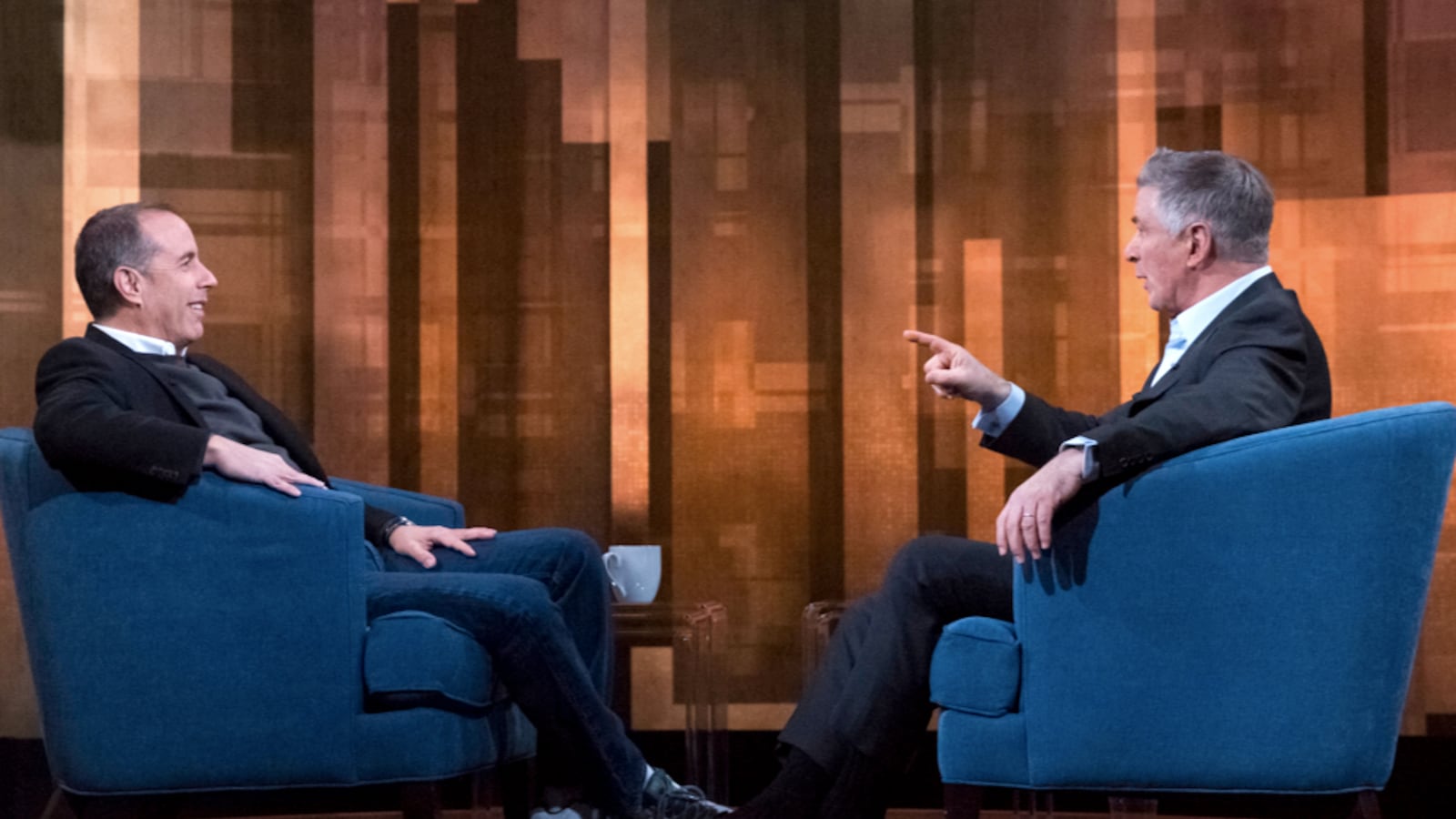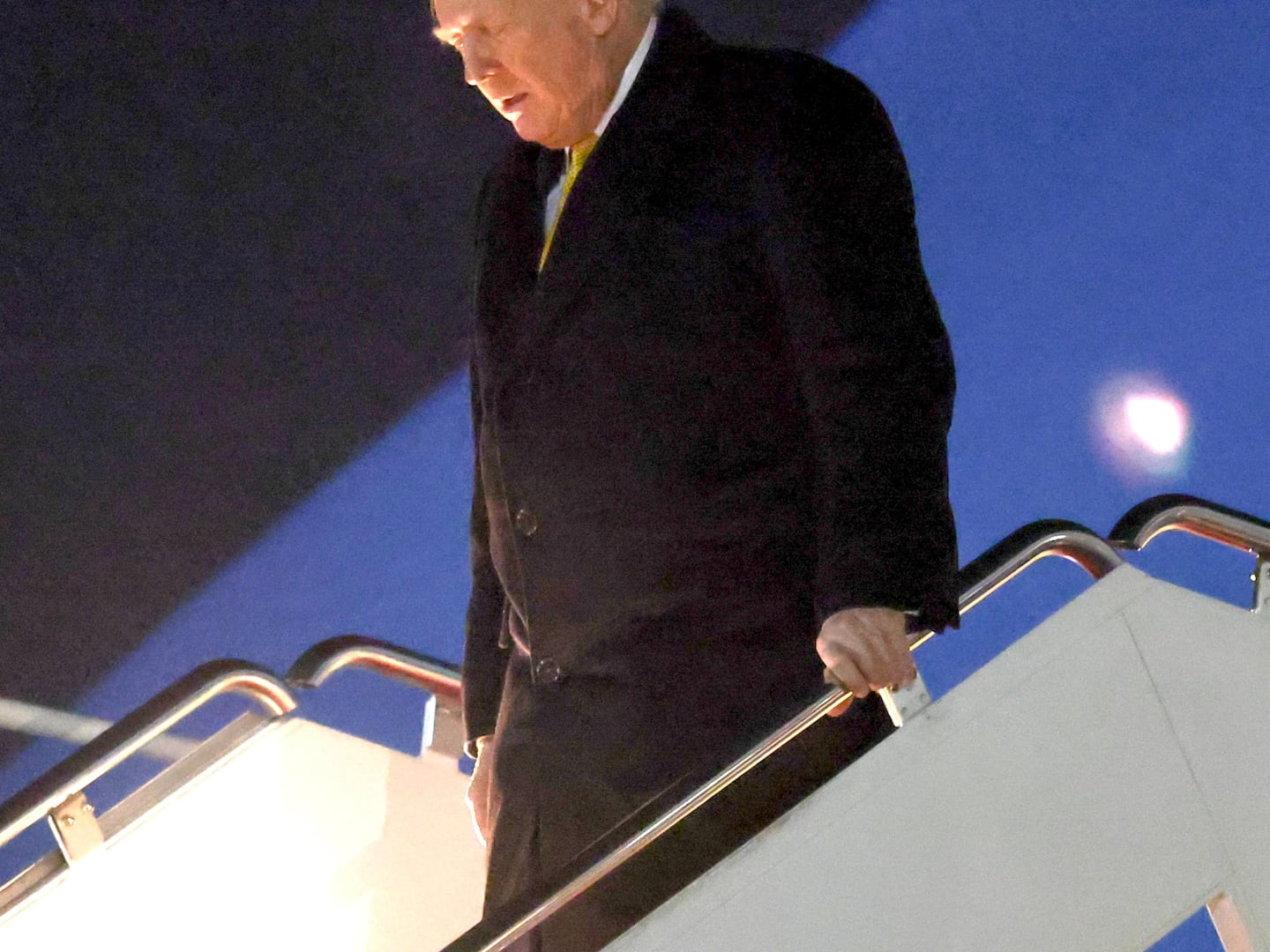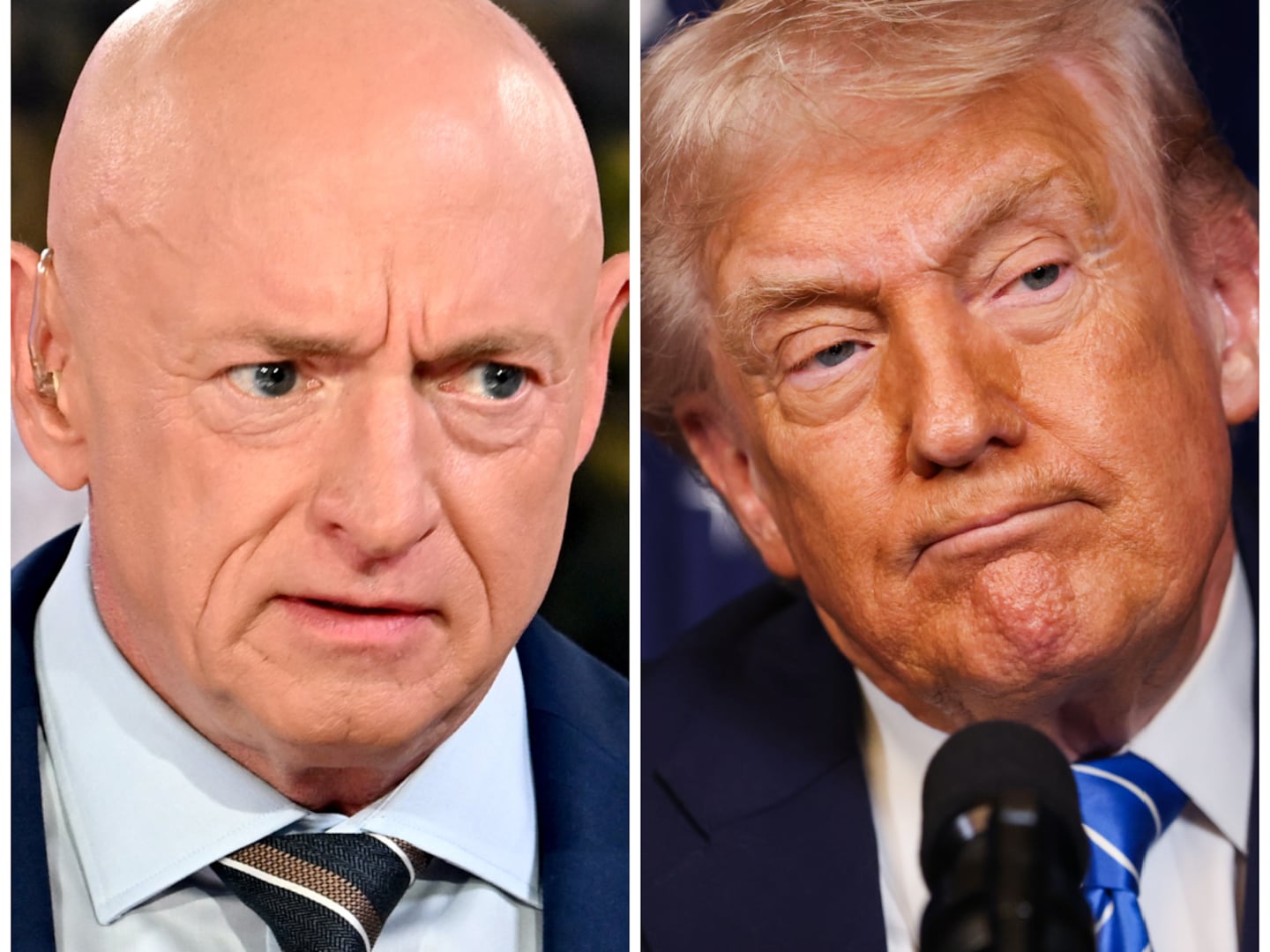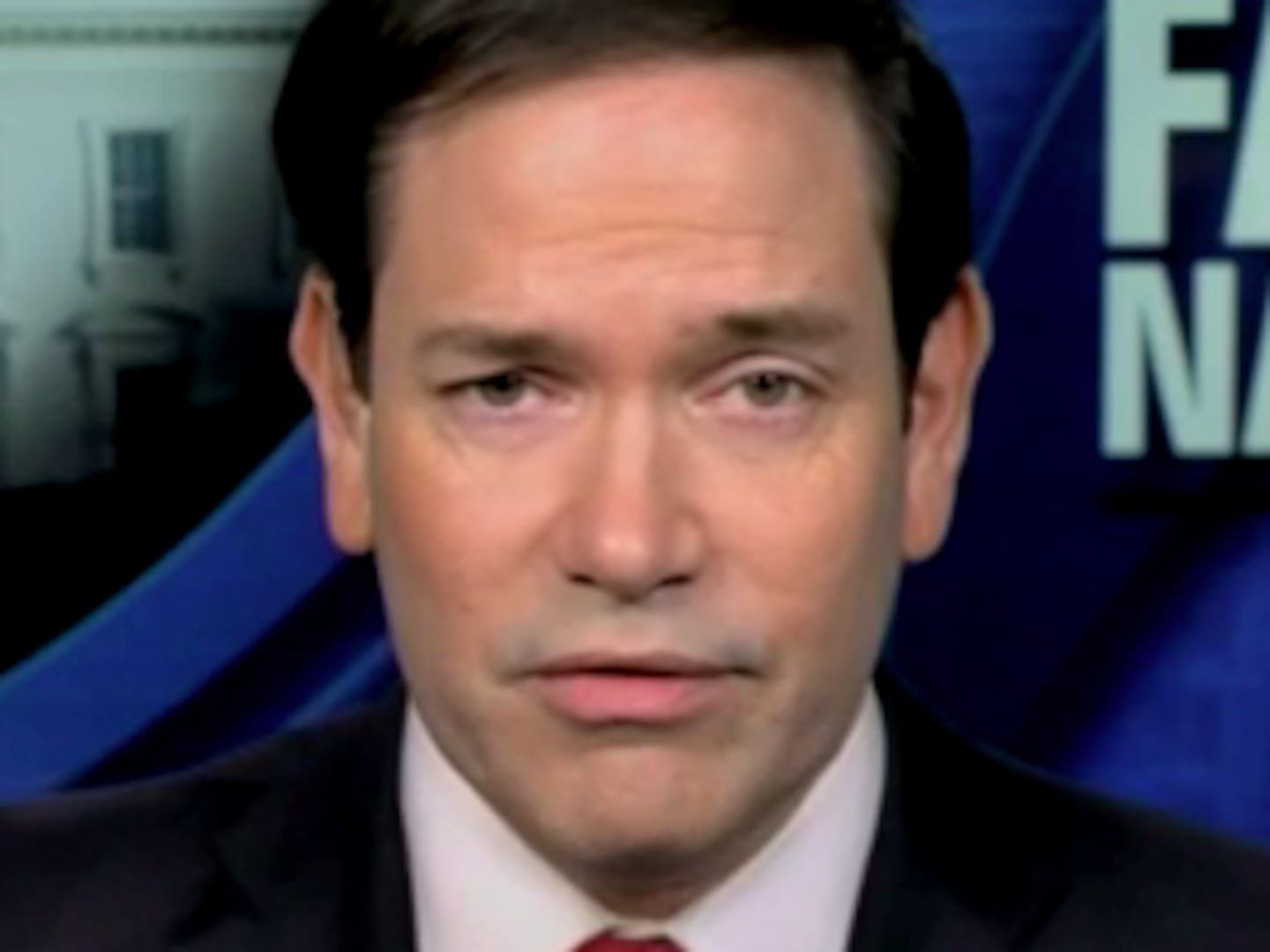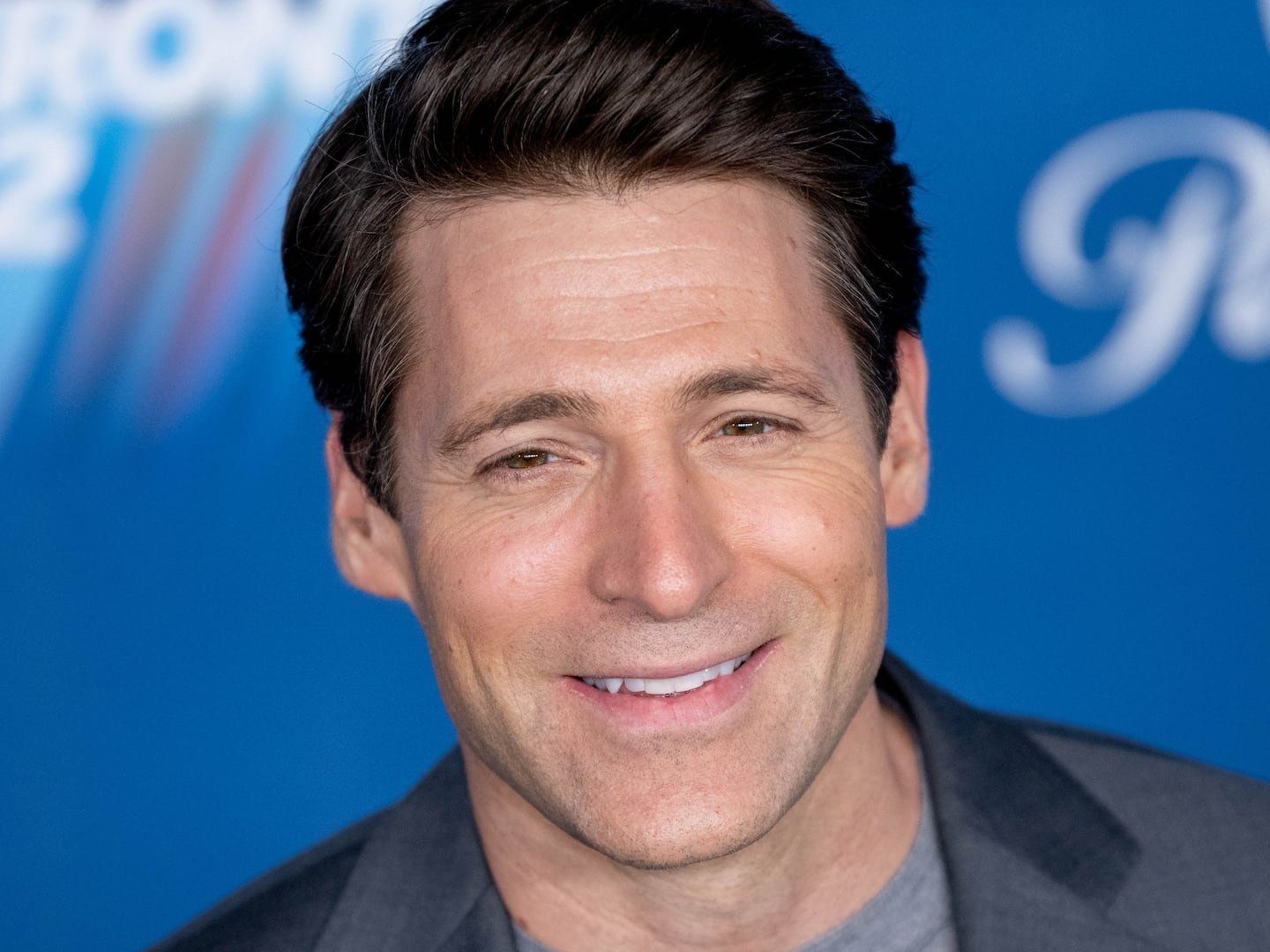Alec Baldwin blocked me on Twitter.
Maybe I deserved it. I’ll let you be the judge.
It happened after I wrote a critical piece about the 30 Rock star first accusing Rose McGowan of “delaying justice” because she settled with her alleged rapist, Harvey Weinstein, and then firing Twitter barbs at another Weinstein accuser, Asia Argento, and her boyfriend Anthony Bourdain, both of whom were subsequently blocked.
That was in early November. Since then, Baldwin’s graduated from #MeToo skeptic to outright critic, defending accused sexual predators Dustin Hoffman and Woody Allen, and comparing Allen’s accuser/adopted daughter Dylan Farrow to Mayella Ewell, a character in the novel To Kill a Mockingbird who falsely accuses a black man of rape. When a reporter questioned Baldwin’s close ties to the filmmaker James Toback, who’s been accused of sexual misconduct by hundreds of women, Baldwin fired off sexist insults before claiming ignorance. And at a Paley Event in his honor, he confessed to a history of bullying and undermining women.
So ABC, in its infinite wisdom, decided to reward Baldwin with a late-night talk show—and air its debut episode immediately following the Oscars, a ceremony steeped in #MeToo (well, sort of).
The hourlong premiere of Sundays with Alec Baldwin featured sit-down chats with comedians Jerry Seinfeld and Kate McKinnon, both close pals of the host. And while Baldwin proves a competent enough interviewer, having honed his technique on his WNYC podcast Here’s the Thing, the conversations remained surface-level due to his guests’ proximity to the host.
And his exchange with Seinfeld concerning the #MeToo movement was pretty unsettling.
Why Baldwin continues to offer his unsolicited and undesired opinions on #MeToo, given his checkered history with many of its central figures, is anyone’s guess. When Seinfeld spoke glowingly of the “speed and efficiency of the system of justice that has taken shape so quickly,” Baldwin expressed shock at how institutions failed to hold alleged predators like Harvey Weinstein and Matt Lauer accountable for their actions.
“You’re a guy who has been in show business and knows very, very well the power structure…and how position is exploited. You know very well how that’s done,” said Seinfeld.
Things got a bit interesting when Baldwin asked Seinfeld if he’d ever been aware of the sexual-misconduct allegations against Louis C.K., a friend of the comic’s who’s opened for him on several stand-up comedy tours.
“How’s that coming up while we’re waiting to do a set?” Seinfeld replied, before explaining that he stays away from the nightlife aspect of celebrity and has “still never seen cocaine to this day.”
“I wish I could say the same thing,” offered Baldwin.
The host then, curiously, expressed sympathy for those whose careers have crumbled in the wake of sexual-misconduct allegations.
“It’s always so sad to watch people self-destruct. Even though they’re horrible people, some of them. Like Kevin Spacey,” said Baldwin. “I love Kevin, but Kevin was a big fan of [Kevin]. Kevin was the president of Kevin’s fan club.”
Kevin Spacey, by the way, stands accused of sexually harassing or assaulting dozens of people—including an incident where he allegedly forced himself on a 14-year-old boy.
“Fame was so important to [Spacey]. He loved being recognized. And now, it’s the opposite,” said Baldwin. “It’s going to be a death sentence for him. He’s almost going to come out of there and go, ‘Please, don’t look at me. And I don’t want you to remember me.’ It’s going to be very, very ugly for him now.”
Baldwin proceeded to voice his fear that men may “hire less women” because they’re “scared” of the environment, only to have Seinfeld drag him back to reality.
“But it doesn’t matter—we gotta go through this,” said Seinfeld. “Doesn’t this seem like a necessary bowel movement that the culture has to have?”
“It’s a pretty epic bowel movement,” responded Baldwin, chortling away.

